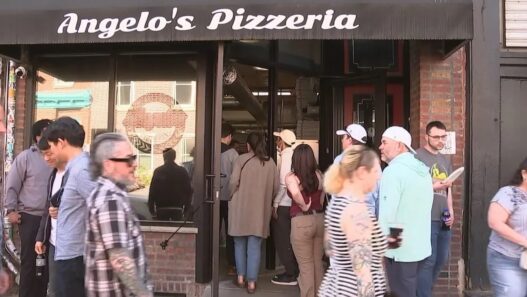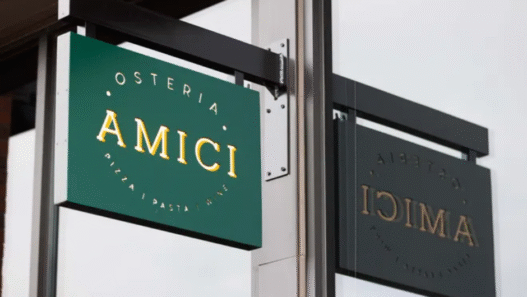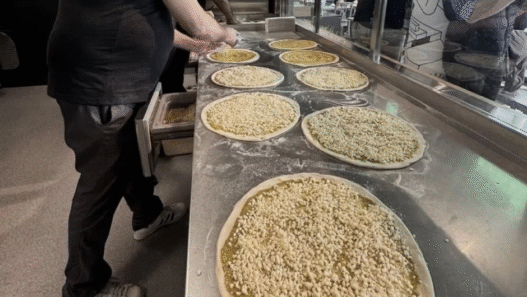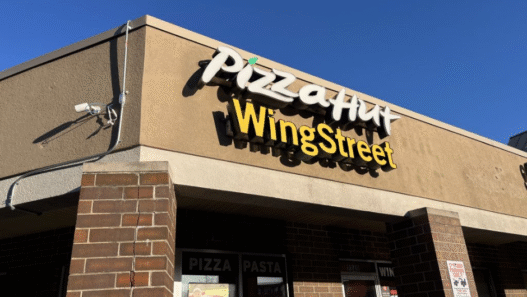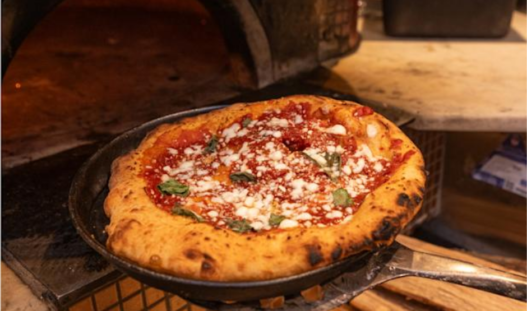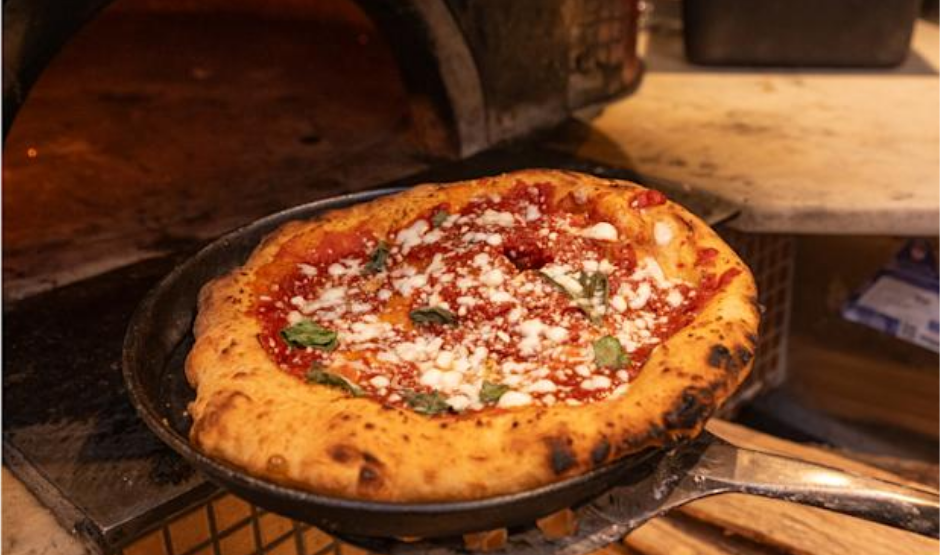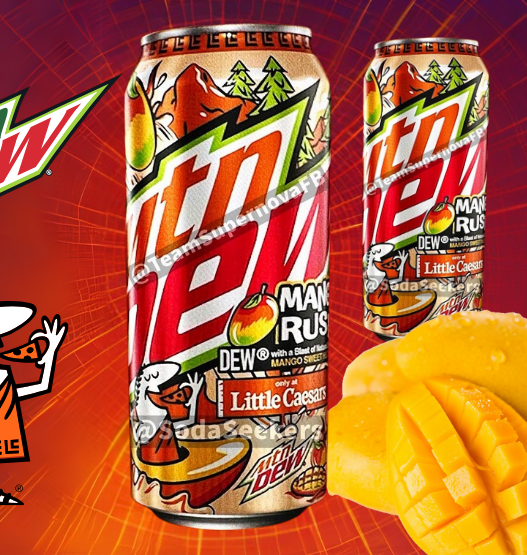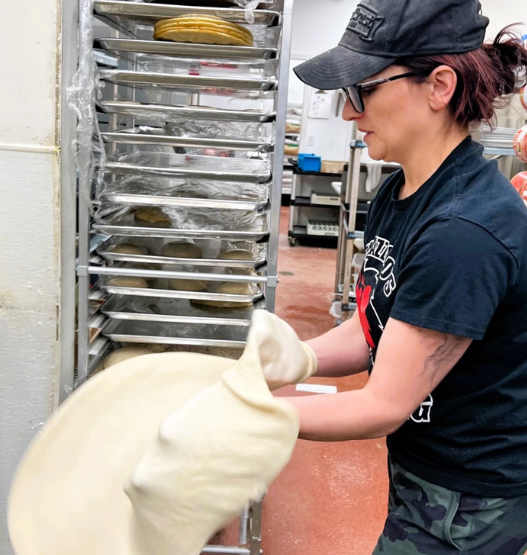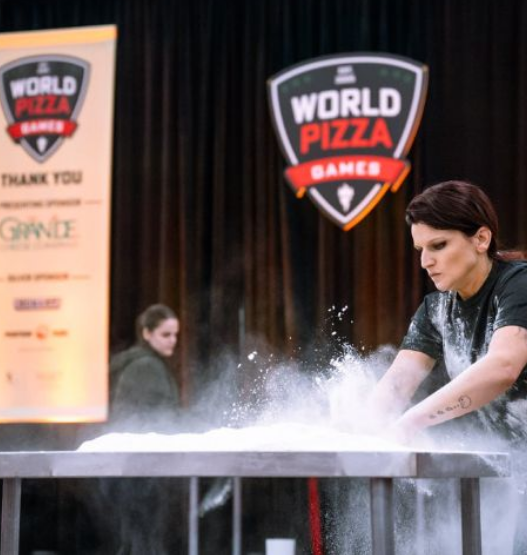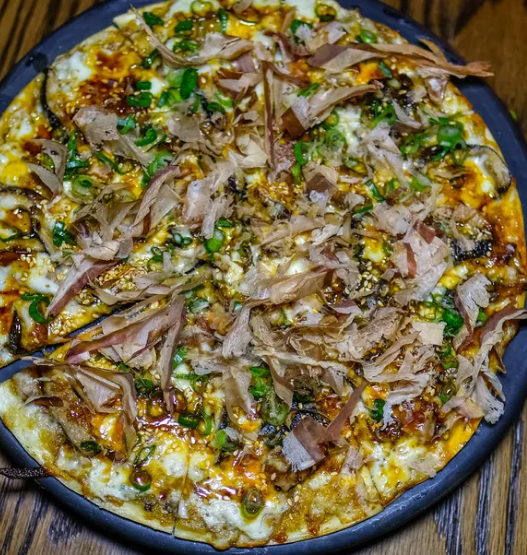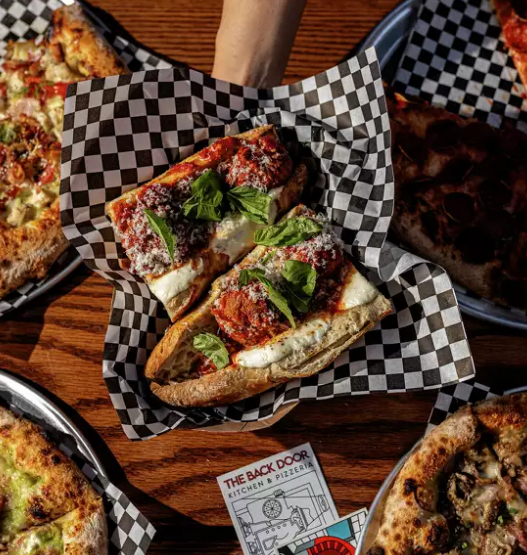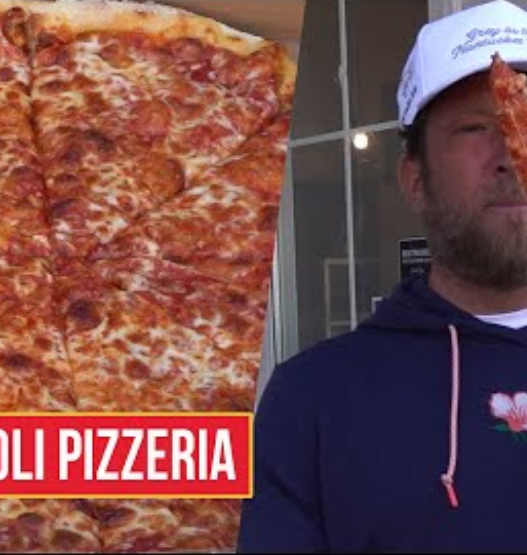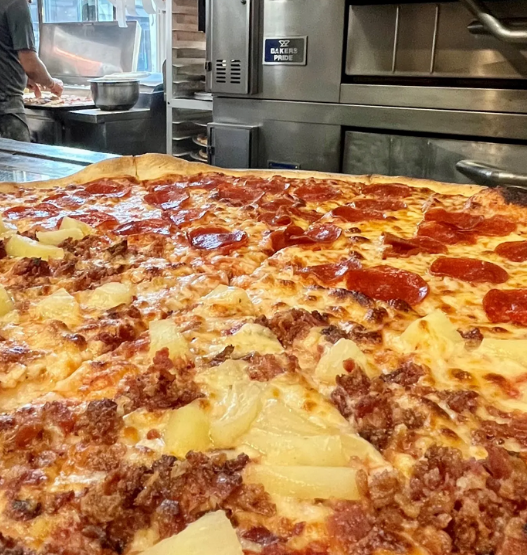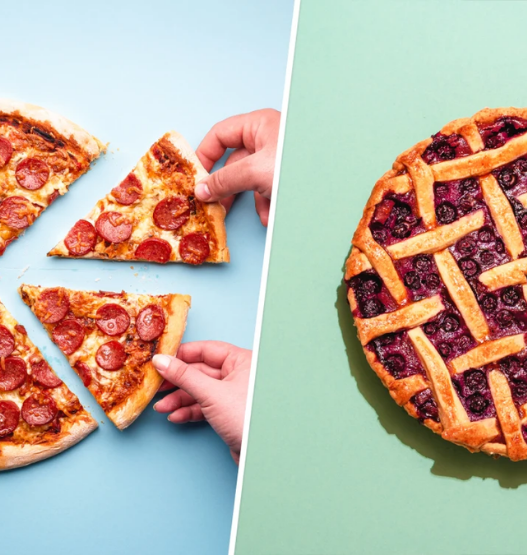This article was inspired by content originally published on New York Post
Introduction
In an industry that often feels dominated by tradition and let’s be honest, by men New York City’s Emily Hyland is rewriting the rules, one slice at a time. As the New York Post recently reported, Emily is the only female pizza maker featured in the prestigious Michelin Guide. It’s not just a personal milestone; it’s a moment that reminds us how dynamic and inclusive the pizza world can be and why it pays to push the boundaries.
From her standout pies to her dedication to community, Emily’s story holds lessons and inspiration for everyone from home pizza enthusiasts to commercial suppliers and shop owners.
A Slice Above: Why This Matters to Pizza Lovers
For pizza lovers who craft pies at home, Emily’s Michelin nod is a reminder that pizza can be high art but also deeply personal. Emily didn’t just replicate Neapolitan tradition; she fused classic technique with bold flavor combinations, a devotion to local ingredients, and a relentless commitment to quality.
Want to elevate your own craft? Try working with premium flours like Caputo 00 or experimenting with unique toppings from local producers. A well-made home pizza oven can bring your pies closer to restaurant quality. Emily’s team uses precise heat to get that airy crust and charred edge something you can achieve with a good pizza stone or portable outdoor pizza oven.
Pizza Pro Tip: Let Dough Take Its Time
One thing that sets Michelin-worthy pizza apart? The dough. A slow fermentation brings out a deep, complex flavor. Invest in a proofing box and let your dough rest for 24 to 72 hours. It takes patience, but the flavor is worth every minute.
Suppliers: Sourcing Ingredients for the Next-Gen Pizza Scene
Emily’s rise shows how chefs and suppliers can work together to tell a story. Many Michelin-starred chefs, pizza makers included, credit local farmers and artisanal producers for their standout flavors. As a supplier, think beyond bulk orders how can you support your pizza shop clients with specialty products that set them apart?
Consider showcasing small-batch cured meats, heirloom tomatoes, or organic cheeses. And as consumer interest in sustainability grows, now is the time to highlight transparent sourcing and eco-friendly packaging. Suppliers who offer access to unique, high-quality ingredients along with new kitchen tech like high-performance mixers or precision dough sheeters will stand out.
Shop Owners: Lessons in Brand Storytelling and Recognition
How does a neighborhood pizzeria land in the Michelin Guide? It’s not luck it’s consistent excellence paired with a compelling story. For pizza shop owners, Emily’s achievement is a nudge to invest in more than just ingredients.
Ask yourself: Does your shop have a story worth telling? Are you showcasing it through social media, local PR, or community events? And do you have the tools like a modern POS system or marketing software to engage your customers and turn them into ambassadors?
And don’t forget about your team. Emily’s rise also spotlights representation in the pizza business. Are you nurturing diverse talent in your kitchen? Michelin-worthy doesn’t mean pretentious it means intentional, inclusive, and inspiring.
FINAL SLICE
Emily Hyland’s Michelin recognition is bigger than just one chef or one shop it’s proof that pizza remains one of the world’s most dynamic foods. Whether you’re a home baker chasing the perfect crust or a multi-location operator seeking your next signature pie, there’s always room to grow.
So here’s to the pioneers who make pizza more than food they make it an experience, a community, and an ever-evolving craft.
Affiliate Disclosure: This article was inspired by content originally published on New York Post. This article contains affiliate links, which means we may earn a commission if you purchase them.



